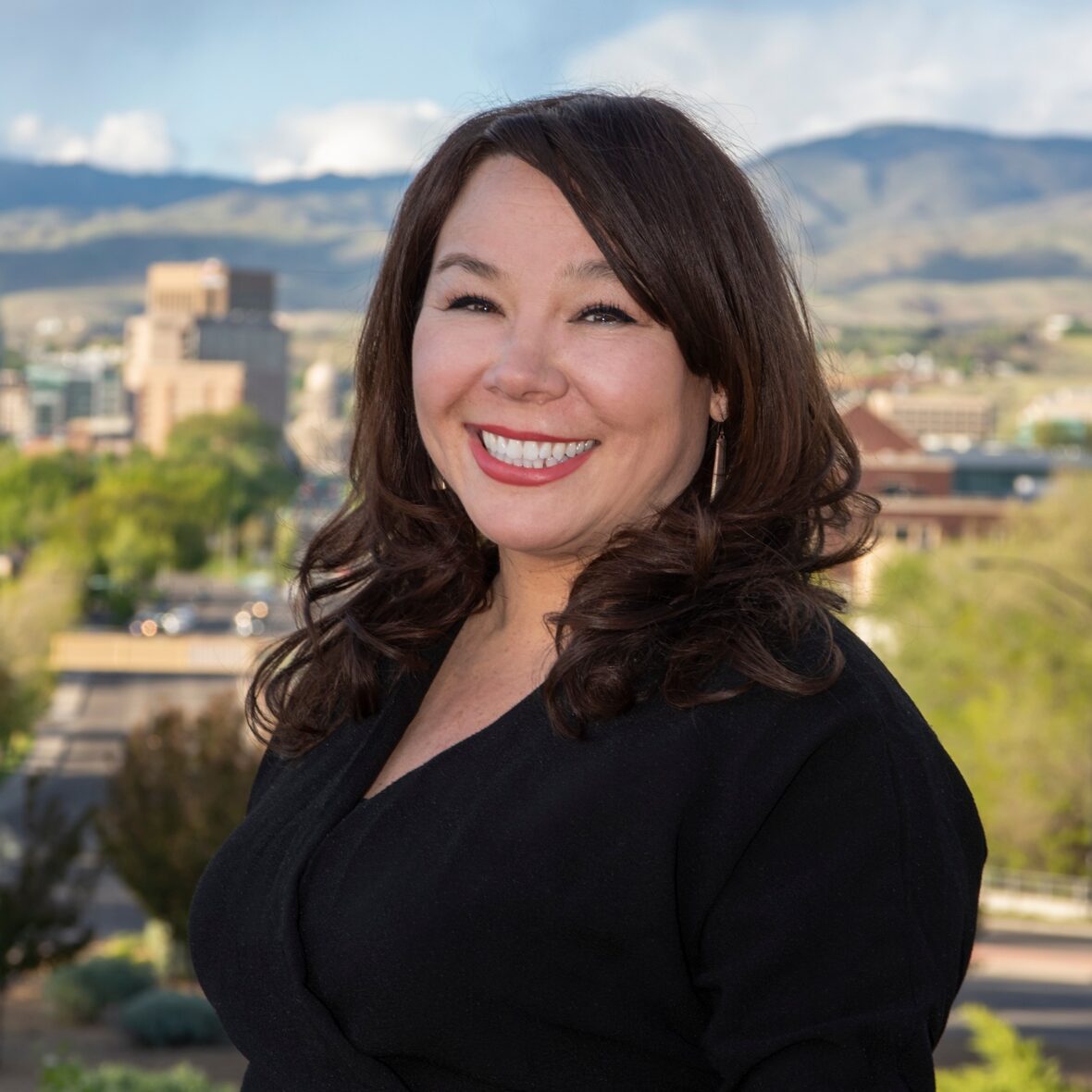For many years, Idaho’s policymakers have attempted to address problems related to “the teacher pipeline” by focusing on recruitment: reducing professional certification requirements, increasing ‘alternative route’ teacher preparation programs, and providing one-time incentives like Senate Bill 1290 which distributes payments for teachers who choose to teach in rural districts.
However, this narrow focus on recruitment ignores the larger systemic issue: Idaho’s teacher pipeline is leaking teachers faster than they can be replaced.
According to Title II federal reporting, Idaho’s teacher preparation programs reliably provide about 1,200 new teachers each year, but Idaho’s newest teachers aren’t staying in the classroom. Recent research shows that 1 in 5 Idaho teachers do not return to their school the following year (Havala and Yoon, 2018), and nationally about 40% of public school teachers leave the profession in their first 5 years (Alliance for Excellent Education, 2014). High-poverty and ‘low-performing’ schools are predictive of even higher turnover rates. As we emerge out of the pandemic, anticipated exit rates are expected to be even higher and span across both new and veteran teachers.
Currently there are about 18,000 total certified positions in Idaho and 28,000 certified Idaho teachers, leaving over 10,000 certified teachers who could be teaching in Idaho’s classrooms but for whatever reason choose not to.
Decades of research have established that in order to keep new teachers, there needs to be stronger: 1) compensation, and 2) professional support. While improving teacher compensation is critically important, professional support is often overlooked by policymakers because the work can be complex and requires investment.
Structured teacher induction programs are an evidence-based solution that provides new teachers with the continuum of support they need to be successful for long-term retention. By providing safe spaces to practice, reflect, and improve, new teacher induction programs provide elongated forms of support that are entirely different and augment the types of ‘new teacher’ programs they receive from their districts.
The types of support districts provide can look more like onboarding into a new employment organization rather than long-term mentorship and professional development. Districts must spend time training new teachers how to use their software, curriculum, organizational policies, etc., which is much different than providing guidance and support when a new teacher is challenged with instruction, assessment and classroom management.
Also, building administrators rarely have the time (or content expertise) to work with all incoming new teachers to practice and reflect on the challenges they’re experiencing in their new classrooms. Moreover, building administrators are typically tasked with providing performance evaluations that are tied to merit increases. New teachers are naturally hesitant to reveal their weaknesses to the person who will be evaluating their performance and making determinations about their employment and salaries.
Last, Idaho’s teacher workforce is becoming younger and more inexperienced. Novice and early career teachers with less than four years of experience make up a growing share of Idaho’s teacher workforce, especially in low-performing and high-poverty schools (Havala and Yoon, 2018). This leaves a lack of mentorship opportunities for Idaho’s new teachers, especially in our rural school districts – the new special education teacher might be the only special education teacher in a rural school district.
Policymakers and education stakeholders must find new ways to work together to ‘plug up’ the leaky teacher pipeline to effectively address the reasons why our teachers leave the profession. By focusing on evidence-based solutions and making investments now into new teacher induction programs focused on supporting instruction, assessment and classroom management, Idaho’s students will benefit both in the present and in the years to come.

